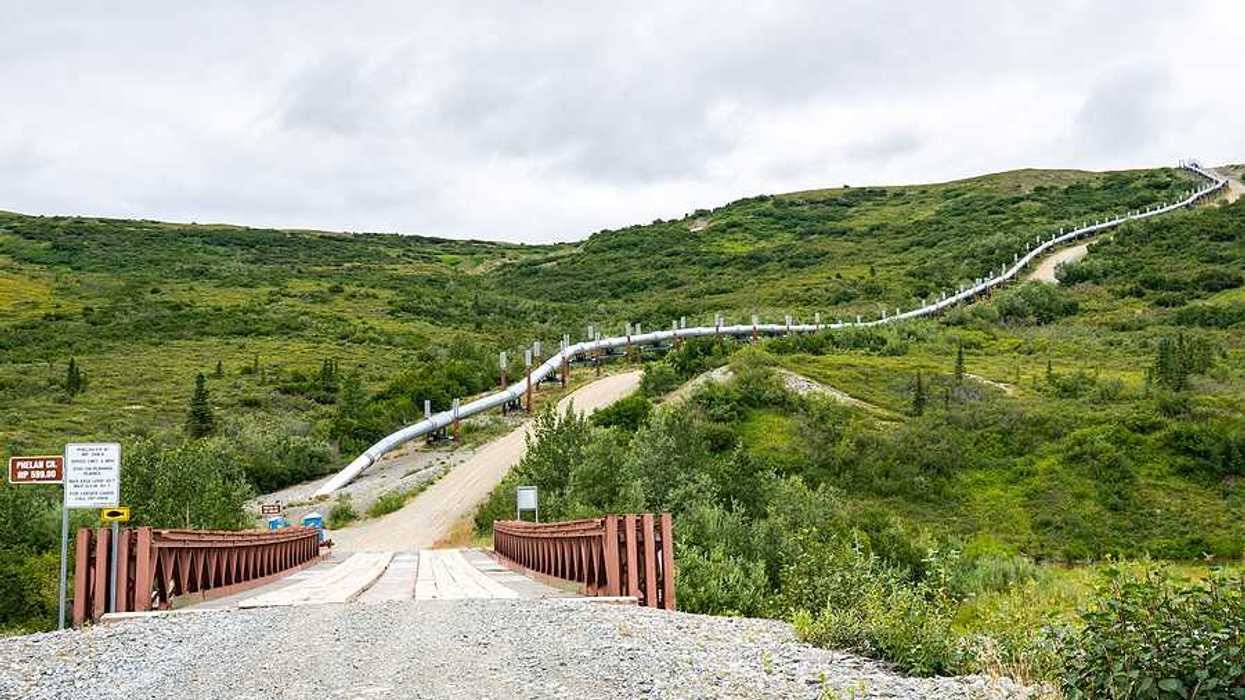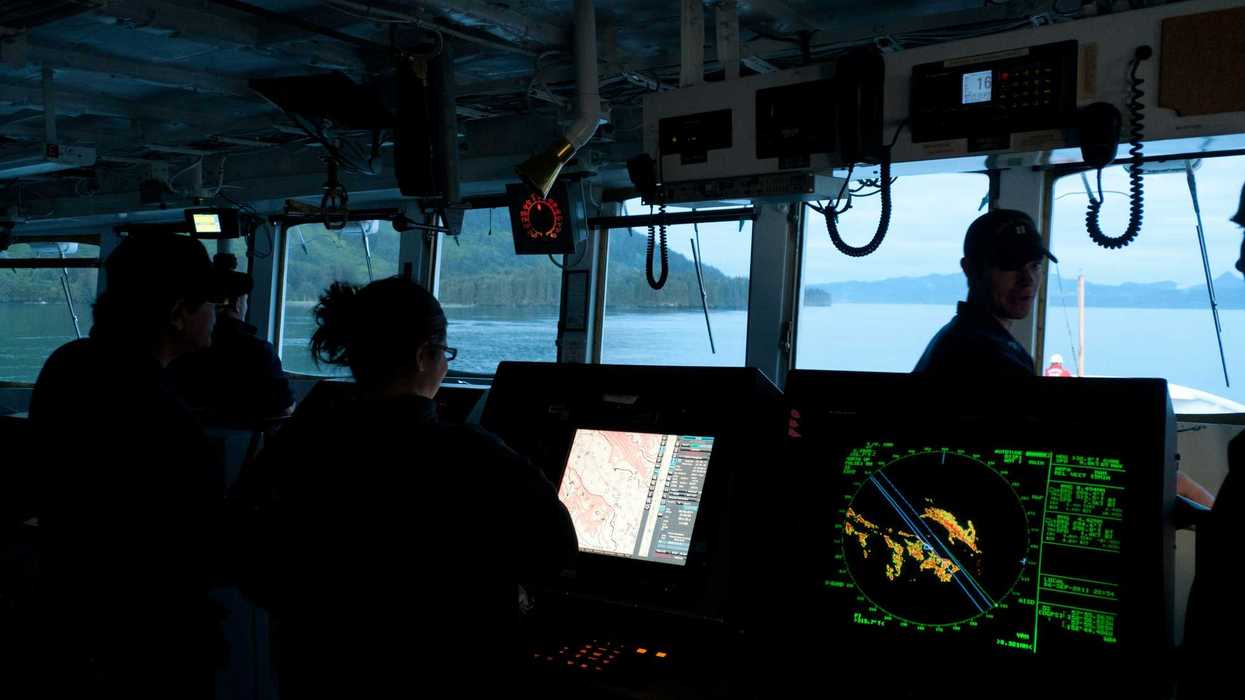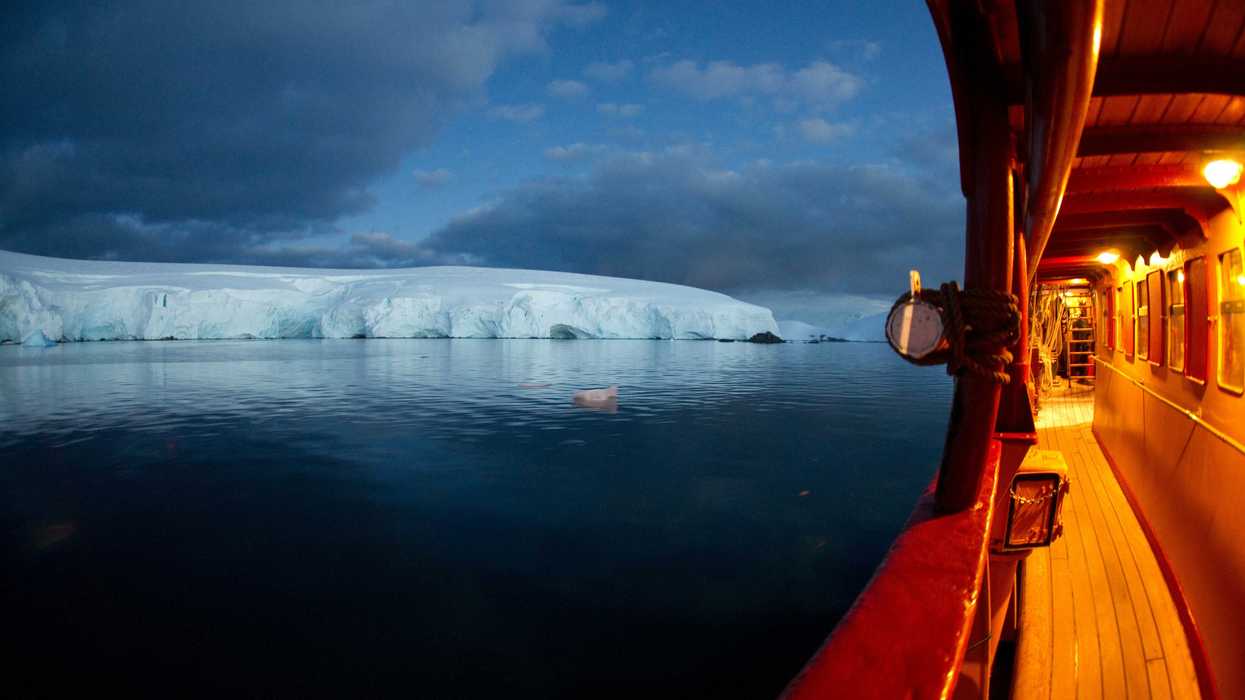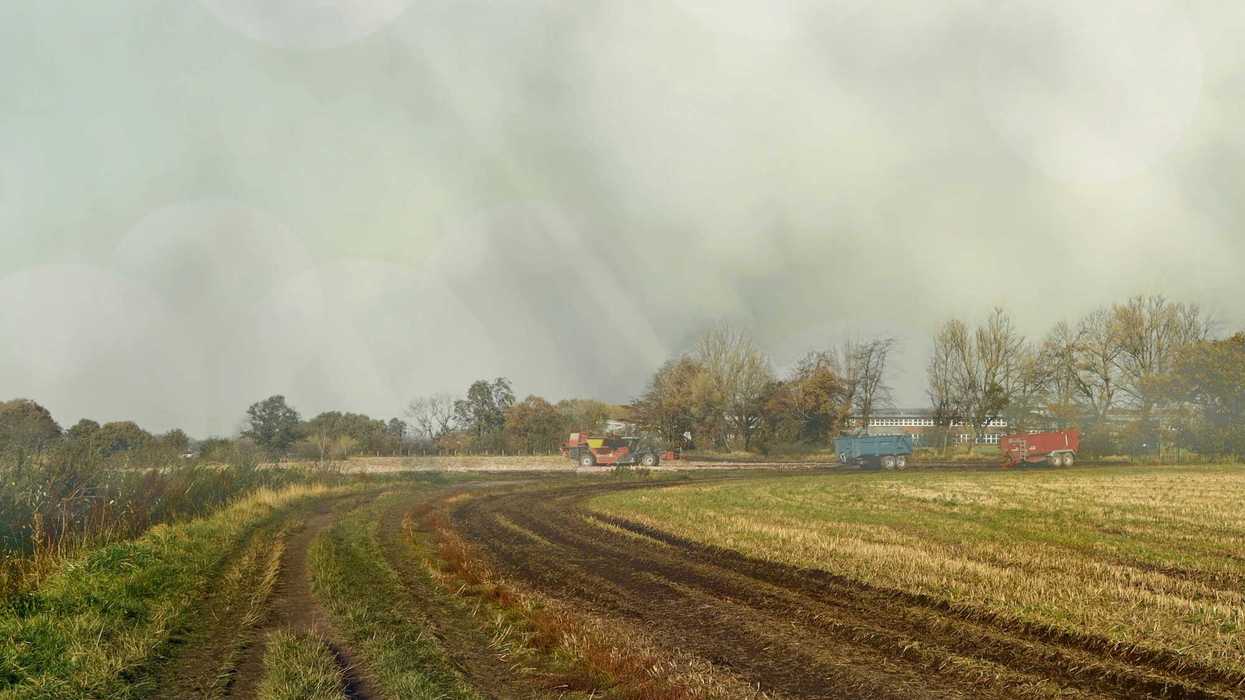Recent studies suggest that some worst-case climate scenarios, like the collapse of the Thwaites Glacier in Antarctica, are less likely than previously thought, though other threats like the collapse of the AMOC remain serious concerns.
Doyle Rice reports for USA TODAY.
In short:
- The Thwaites Glacier, also known as the "Doomsday Glacier," is still melting, but its rapid collapse is less likely within this century.
- Greenland's ice sheet is melting faster than expected, but it may be more resilient if global temperatures are controlled.
- Scientists continue to study the Atlantic Meridional Overturning Circulation (AMOC), which could collapse by 2050, leading to significant climate disruptions.
Key quote:
"Unfortunately, Thwaites Glacier is still going to retreat and with it most of the West Antarctic ice sheet, but not as rapidly as one scenario suggested."
— Mathieu Morlighem, professor of earth sciences, Dartmouth University
Why this matters:
Rising sea levels, driven by ice sheet melt and ocean circulation changes, threaten coastal cities and could lead to widespread displacement and severe weather changes. These scenarios remain potential global challenges despite some recent optimism.














